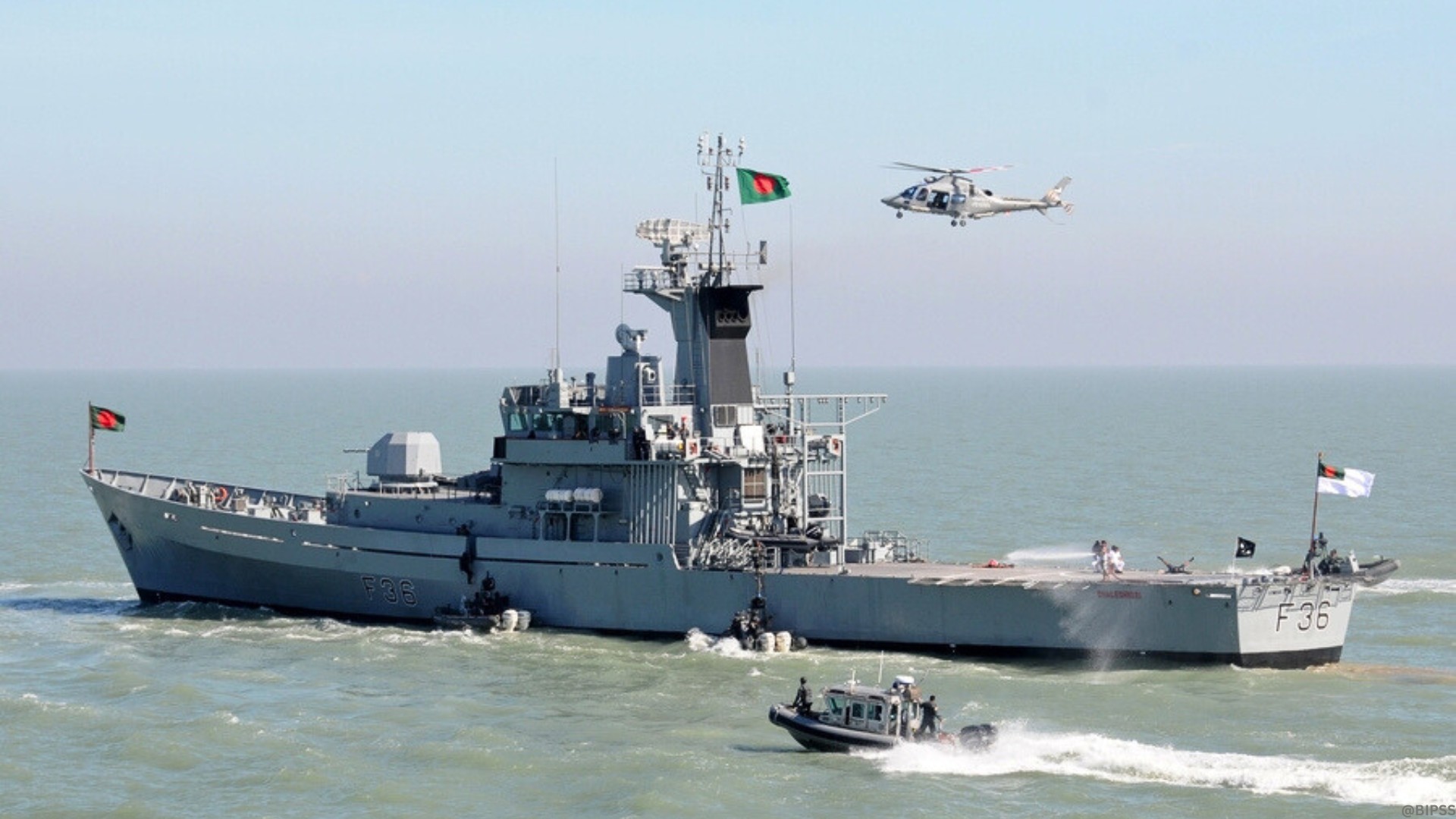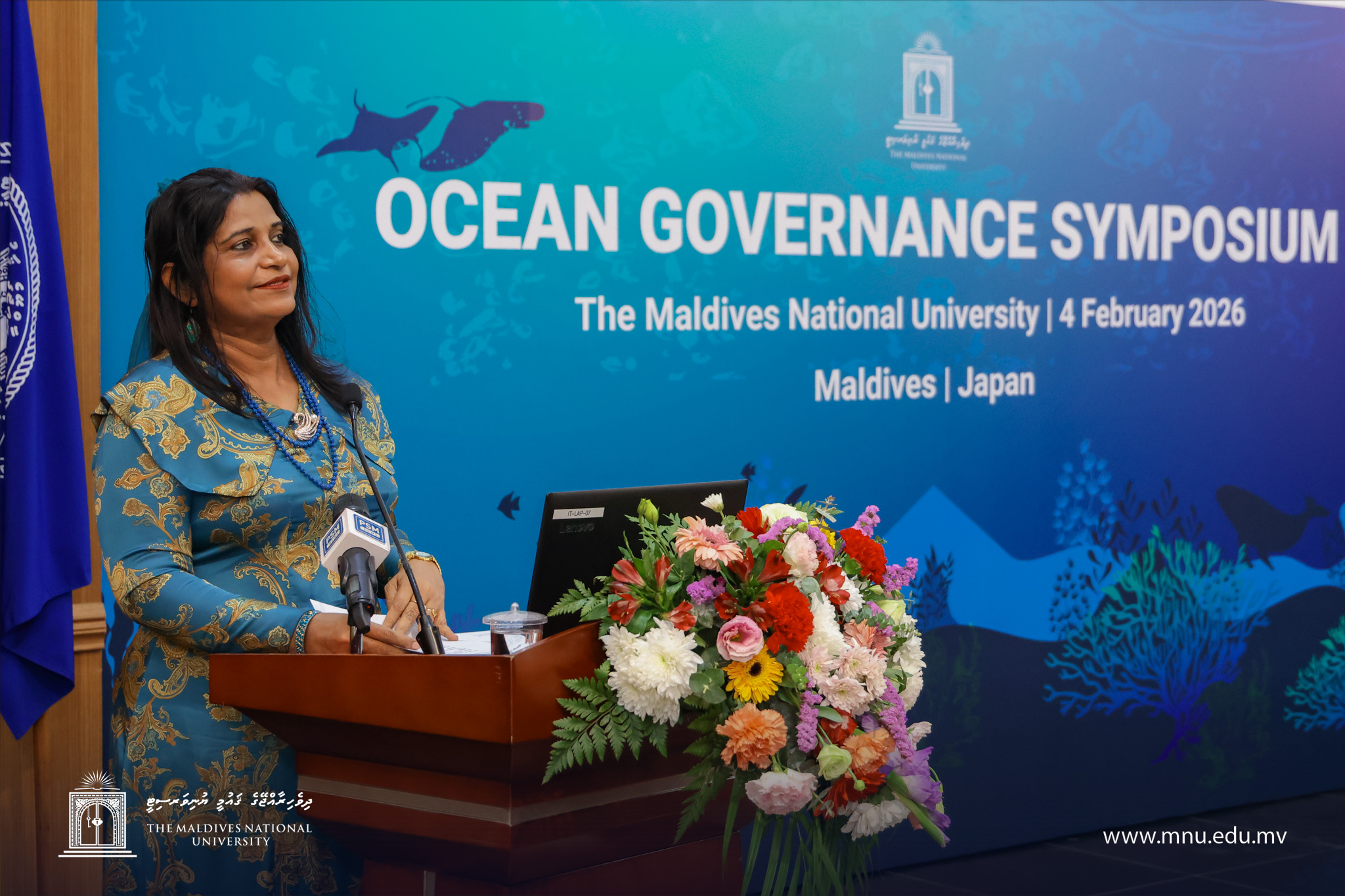Introduction
The 2023 Defence Strategic Review and 2024 National Defence Strategy set a comprehensive agenda for reforming Australia’s defence posture and structure, including expanding its web of relationships with Bangladesh and Maldives. For Australia, its strategic engagements in the Indo-Pacific region take into account multi-faceted actors, identifying key subregions within. It, therefore, did not go unnoticed that Bangladesh and Maldives, owing to their strategic locations in the Bay of Bengal and the 8-Degree Channel, respectively, serve as maritime epicentres in the Indian Ocean.
With over 90 per cent of Bangladesh’s trade conducted via sea, its ports and offshore resources are vital for regional stability. Maldives’ security is crucial for safeguarding approximately 40 per cent of global cargo and oil shipments, and more than 50 per cent of the world’s food supply that transits through key Indian Ocean routes, including the 8-Degree Channel.
Australia has categorically recognised and supported the strategic agency of Bangladesh and Maldives in enhancing maritime security capabilities. In efforts to strengthen force posture in the northeastern Indian Ocean, Australia is leveraging its interoperability with these littoral states through cooperation in intelligence, surveillance, and the sharing of technology and equipment.
Aspects of Interoperability and Small States
Interoperability in defence and security refers to the ability of different military forces to work together effectively. Australia’s regular joint military exercises with the United States, such as Talisman Sabre, demonstrate the practical benefits of interoperability, improving readiness and operational cohesion. For Australia, interoperability is crucial for enhancing regional security and addressing shared challenges in the Indian Ocean.
In theory, emphasis on John Mearsheimer’s offensive realism, interoperability can help great powers maximise their power by leveraging smaller states’ resources to counterbalance potential threats and gain regional dominance. Big and small states must ensure that communication systems, weapons, and other technologies are compatible, and common protocols and procedures support joint missions. Interoperability can help great power achieve its regional security objectives. However, there is a sense of small states’ agency in this collaborative effort.
Australia’s military aid has helped the Indo-Pacific small states to advance their technologies and information systems, building capabilities to minimise the risk arising from their territories and address them collectively as their threats traverse across national and regional waters.
For example, Australia’s defence cooperation with Papua New Guinea (PNG) has been extensive and multifaceted, involving various initiatives and joint operations. The Guardian-class patrol boats delivered to PNG by the Australian Government, under the Pacific Maritime Security Program (PMSP), will raise PNG’s ‘ability to protect its territorial waters and tackle shared maritime security challenges’ like Illegal, Unreported and Unregulated (IUU) fishing.
In the Indian Ocean, Australia’s collaboration with smaller nations like Bangladesh and Maldives, can further enhance its defence outreach, uplifting its deterrence by denying threats arising from the northern and eastern Indian Ocean territories. Similarly, Australia’s active engagements in local capacity-building will create a win-win situation for Bangladesh and Maldives.
Australian-Bangladesh Strategic Relationship at Sea
Australia-Bangladesh maritime security cooperation has emerged as a key pillar in the evolving bilateral relationship. In the May 2024 Ministerial Dialogue in Dhaka, both countries reaffirmed their commitment to a peaceful, stable, and inclusive Indo-Pacific, acknowledging the strategic importance of the northeastern Indian Ocean and expressing a shared interest in addressing maritime security threats.
Historically, Australia’s military visits to Bangladesh were rare. However, the growing commitment to engage in the maritime security domain has become pivotal in determining mutual benefits between the two countries. For one thing, capabilities for maritime domain awareness (MDA) in Bangladesh are a step towards building interoperability capabilities with Australia.
Bangladesh can cover critical areas such as intelligence and diplomacy – the country already authors a climate security narrative to influence security thinking in small states’ engagements.
Australia is working actively in developing Bangladesh’s maritime domain awareness and streamlining Bangladesh’s maritime policies with a view to enhancing a rapid response in the maritime sector.
Under the changing realities of Bangladesh’s domestic politics, it plans to cultivate stronger maritime ties to protect its maritime interests in its vicinity. As a part of this, Australia has increased its collaborations between the Bangladesh Coast Guard and the Australian Border Force. The idea that spurred it was to enhance civil-maritime cooperation to protect Bangladesh’s maritime interests. Under the collaboration, Bangladesh will receive technical assistance to strengthen its maritime surveillance, which will include drones. Gradually, the relationship will expand in the areas of joint training and strategic coordination, exchange of real-time information, and working together to respond to the challenges of maritime organised criminal activities.
Diplomatically, Bangladesh’s active participation in multilateral forums like the Indian Ocean Rim Association (IORA) can help shape Bangladesh’s regional narrative in driving Australia’s Indo-Pacific strategy.
The ability to support intelligence and diplomatic efforts ensures that Bangladesh can effectively support Australia’s maritime security objectives in the Indian Ocean.
Australian-Maldives Strategic Relationship at Sea
Australia’s maritime cooperation with Maldives has been pivotal in enhancing regional security, fostering mutual gains.
Australia’s recent announcement to gift a Guardian-class patrol boat in 2025 to the Maldives National Defence Force (MNDF) marks a significant milestone in this partnership. This patrol boat is designed for a range of operations, including surveillance, search and rescue, fisheries protection, and interdiction missions.
The addition of this vessel will significantly bolster Maldives’ maritime security capabilities, allowing for a more persistent presence in its vast exclusive economic zone (EEZ) to deter, detect, and disrupt illegal maritime activities.
Furthermore, in 2025, Australia also announced the gifting of hydrographic equipment to Maldives, enhancing its capability to map the ocean floor and ensure maritime safety, and its knowledge base of territorial waters.
Recent donations and collaboration, including defence dialogues and the Indo-Pacific Endeavour exercise, can reinforce Australia’s strategic policy of supporting small states in the Indian Ocean, emphasising collective security through interoperability between the two maritime forces, allowing one another to benefit from areas of expertise and strengths.
Conclusion
Australia is well-positioned to serve as a strategic bridge between Maldives and Bangladesh, facilitating joint maritime operations and intelligence sharing. As small states situated at the crossroads of critical sea lanes, Bangladesh and Maldives will be pivotal in maintaining regional security. Their maritime security capabilities will contribute to complement and bolster regional security objectives through strengthened intelligence cooperation and diplomatic engagement. Australia’s maritime security engagements are pursued with the interest of engaging with an objective where parties involved have opportunities to gain. The complementarity in maritime relationships between Australia on the one hand and its partners on the other provides positive-sum incentives. The Maritime Century is here to stay, which will test countries’ readiness to meet the new challenges. Australia stands as one of the key Indian Ocean countries that can offer cutting-edge technology and capacity building from within the region, thus making these contextual and relevant for Bangladesh and Maldives.
Authors
Dr Lailufar Yasmin is Professor and former Head of the Department of International Relations, University of Dhaka, Bangladesh. She can be reached at lyasmin@du.ac.bd.
Dr Athaulla A Rasheed is the Head of Centre at the Centre for Security and Strategic Studies at The Maldives National University. A former foreign service officer and diplomat at the Ministry of Foreign Affairs, Maldives, Athaulla also holds two PhDs in international and strategic studies, and political science from ANU and the University of Queensland, Australia.




